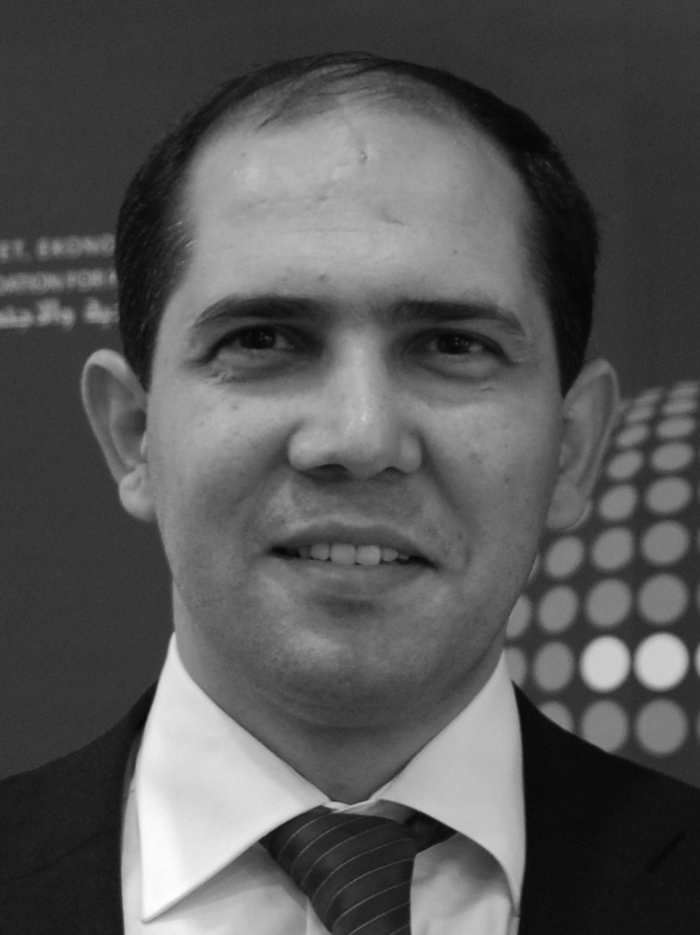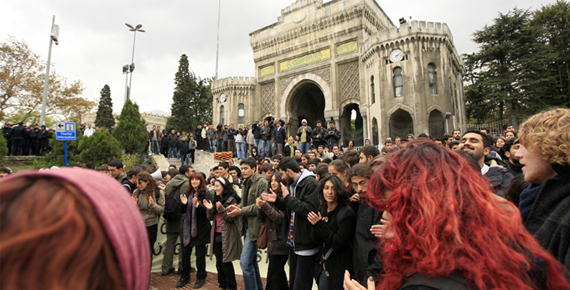It is known that the Council of Higher Education (YÖK) is busy preparing a new draft bill on higher education. YÖK provided related shareholders and the public with a detailed summary of the draft bill and now changes to the draft bill are still to continue. After YÖK finishes preparing the bill, it will be submitted to the government. The current Higher Education Law, No. 2547, has been in force for more than three decades and hasn’t been subject to any fundamental changes in that time. Therefore, before analyzing the content of this draft bill, one should first analyze the reasons why efforts towards amending the current law have so far failed. Such an analysis will not only enable us to learn lessons from the past so as not to repeat old mistakes but will also help us determine whether or not the current effort will succeed.
Have universities made serious preparations for a new higher education system? Almost all of the meetings on higher education where I have participated have something in common—at the outset of these meetings YÖK is criticized and then regardless of the topic these meetings reach the same conclusion: “YÖK should do something.” For instance it is stated that university should be authorized to establish departments and institutes but then it is concluded that “How come there is a nanotechnology institute in Bingöl? YÖK should deal with the issue.” Most of the time columnists do not adopt a different approach either. A columnist’s statement at the end of his piece on freedom and autonomy that the “YÖK president should deal with the curriculum” indicates a similar confusion and glibness. Above all, stating that “YÖK should be abolished” while not offering any suggestions for which institution would replace it is nothing short of over self-confidence and intellectual misery. In brief, it is possible to say that researchers and columnists love to whine about YÖK and the higher education system; however, they are too lazy to offer alternatives and achieve a consensus on the issue.
It is hard to say whether the government is making serious preparations for the higher education law. Instead, laws have been enacted out of reaction to the conditions of the époque. I assume that both drafts, the one prepared in 2004 and the current one, are similar to the higher education law no. 2547 that these drafts criticize. Draft bills which have been prepared in the last three decades mainly focused on issues concerning the power sharing in higher education such as the number and composition of YÖK members and the appointment of rectors. Therefore neither the model of the higher education system was discussed nor were the core problems of higher education prioritized.
THE UNIVERSITY ISSUE WAS PRESENT LONG BEFORE THE YÖK ISSUE
The higher education issue in Turkey has always been considered an issue concerning YÖK and it has been believed that problems will be resolved if YÖK were reformed (or abolished). Nevertheless, Turkey had suffered from a serious “university issue” before YÖK was established and this issue continues to exist today. Universities eliminated their academicians for solely ideological and personal reasons without any academic reason. This included the elimination of scholars in Istanbul University in 1933, the suspension of leftist academicians from Ankara University in 1946 and the elimination of 147 academicians from universities in the wake of the 1960 coup d’état. These examples indicate that the fundamental principles of the modern university (such as academic freedom) did not take root in universities. Given the situation of the YÖK system, this resulted in similar academic eliminations during the September 12thand February 28th periods.
Here is the question: How come a YÖK president is able to restrict academic freedoms in all universities in such a peri









